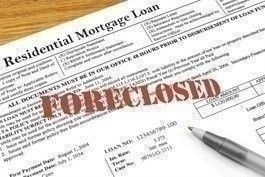Foreclosures down 73.7% in state
Total foreclosure activity in Colorado fell by 73.7 percent in August from August 2012, the biggest year-over-year percentage drop in the U.S, according to a report released today byRealtyTrac.
Colorado’s drop is more than twice that of the 33.6 percent for the entire nation, according to the report.
Colorado foreclosure activity dropped 35 percent in August from July, while nationally, total foreclosures fell by 1.78 percent on a month-to-month basis.
RealtyTrac ranked Colorado No. 37th in foreclosure activity.
Before the foreclosure crisis gripped the entire nation about five years ago, RealtyTrac often ranked Denver No. 1.
Nationally, foreclosure activity has now decreased on an annual basis for 35 consecutive months, according to RealtyTrac.
“The foreclosure floodwaters have receded in most parts of the country, but lenders and communities continue to clean up the damage left behind, which means the recent uptick in bank repossessions is a trend that will likely continue into next year,” said Daren Blomquist, vice president at RealtyTrac.
“Meanwhile foreclosure flash floods will continue to hit some markets over the next few months as delayed foreclosure starts are quickly pushed into the pipeline,” Blomquist said. “This was the case with the jump in Nevada foreclosure starts in August.”
720-771-9401
Search all Boulder homes for sale


